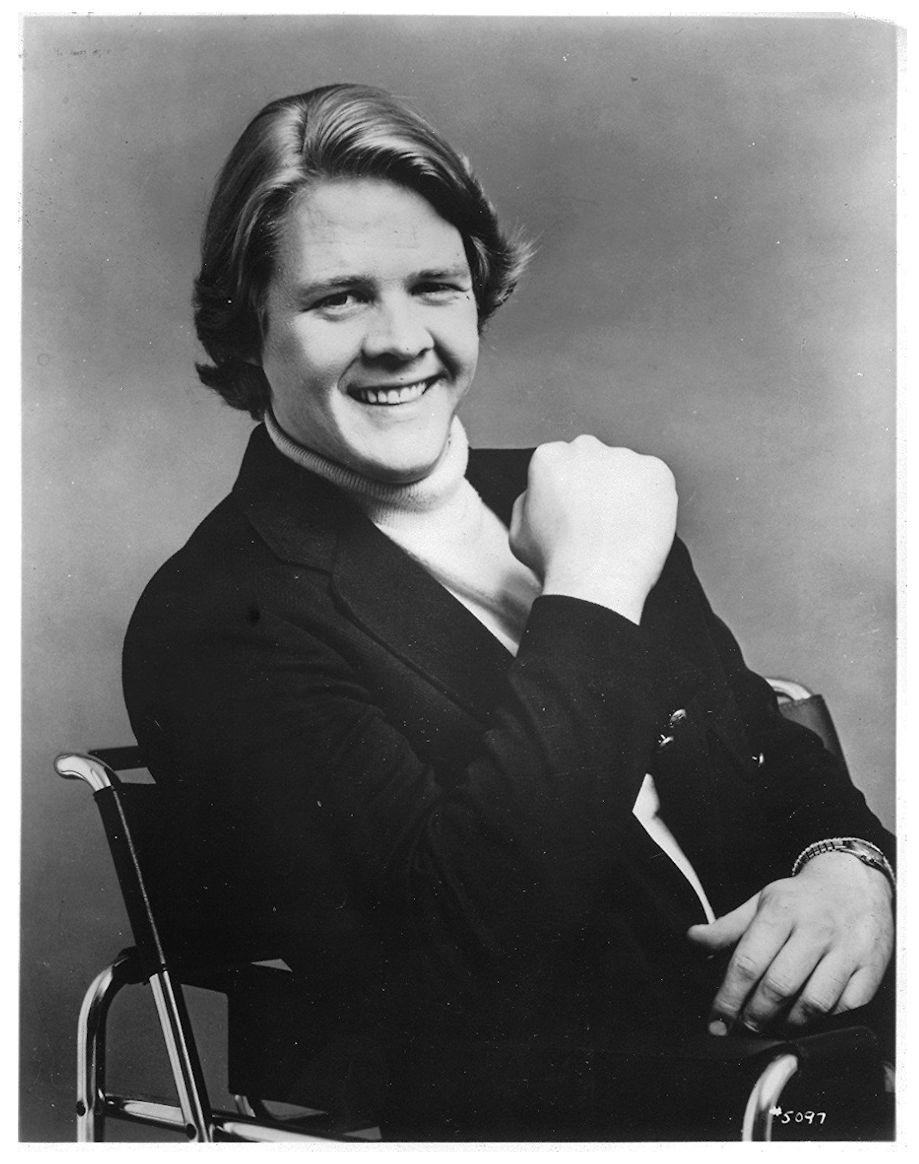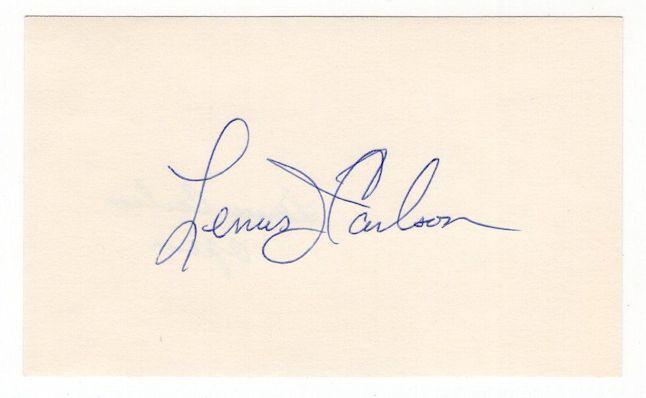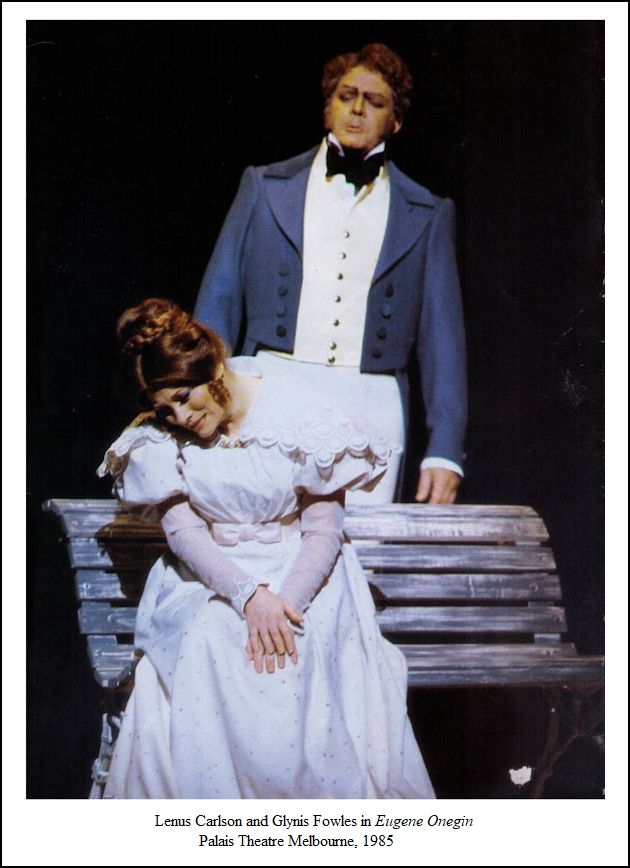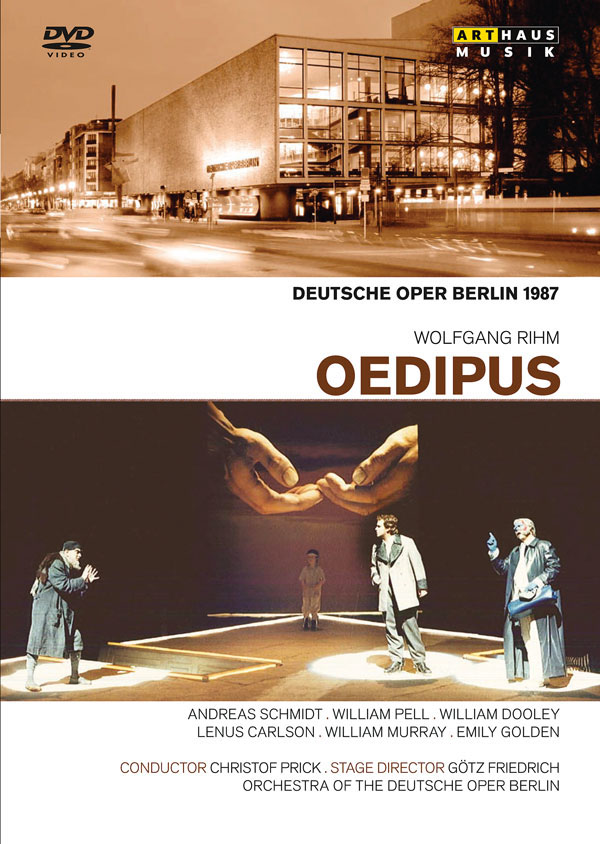

 Bruce Duffie: Do you sing with a cold?
Bruce Duffie: Do you sing with a cold? BD: How do you balance your career — concerts
and opera performances?
BD: How do you balance your career — concerts
and opera performances?| Lord Byron is an opera in three
acts by Virgil Thomson to an original English libretto by Jack Larson,
inspired by the historical character Lord Byron. This was Thomson's third
and final opera. He wrote it on commission from the Ford Foundation for
the Metropolitan Opera, but the Met never produced the opera. The first
performance was at Lincoln Center, New York City on April 20, 1972, by the
music department of the Juilliard School with John Houseman as stage director,
Gerhard Samuel as the conductor, and Alvin Ailey as the choreographer.
A performance of a revised version, by the composer, took place in 1985
with the New York Opera Repertory Theater. * * *
* *
The New York Times, May 16, 1971This 'Huck Finn' Is Not for Children By RAYMOND ERICSON The Juilliard Opera Center's last premiere, given in late March, was Harold Farberman's "The Losers." It was about today's youth, specifically a gang like Hell's Angels. The company's next premiere, due this Thursday and Saturday, is about the youth of another and more innocent era, the characters in Mark Twain's "Huckleberry Finn." The opera is by Hall Overton, a 51-year-old composer on the Juilliard faculty. He collaborated on the libretto with Judah Stampfer. [The opera would be conducted by Dennis Russell Davies.]
Overton says that the libretto will not please everybody, because they had to leave so much out. "We have concentrated on three main areas: the characters and relationship of Huck and Jim; crowd scenes -- it was important that they be represented because Twain uses them as a foil for the closed world of Huck and Jim; and the symbolic forces of the river and the raft and the freedom that seems to be there wherever the river takes you. "We have tried to preserve Huck intact as much as possible. He is what he is in the novel except that we have advanced his age from 13 to 16. Jim's character is altered somewhat. He represents an older, wiser man who instructs in his own way. Towards the end, we have made a real change, Jim is freed, as in the novel, by his former owner, but instead of going back with Huck and Tom Sawyer, he takes off on his own to continue his original mission to free his immediate family." Overton waited until he had a workable libretto before he developed the opera's musical style. "The thing I felt had to be preserved was the language. Twain is a master of the vernacular, and I had to start with that. I took the rhythms and inflections of the spoken language and wrote a continuous recitative, with arias, in most cases, being implied. The music is sometimes dissonant, sometimes very tonal, but at all times, I hope, consistent with the aim of the piece -- the American language as Twain so truly recorded it. I have utilized by background in jazz for Jim." People who have heard about "Huck Finn" have frequently asked if it is a children's opera. Definitely not. It is a serious opera by a serious, well-regarded composer. |
 LC: Yes, I’ll be Fest there [a
resident member of the company] for six months of the year, and I’ll
do guest engagements and concerts the rest of the year. It will
be nice to stay put and have an apartment, and lead a fairly normal life.
I’ve sung in Europe every year for the last eight years or so, but only
a few weeks at a time, so it will be interesting to be a German resident.
I had a lot of German studies in school, but I’m sure the language will
get even better very quickly.
LC: Yes, I’ll be Fest there [a
resident member of the company] for six months of the year, and I’ll
do guest engagements and concerts the rest of the year. It will
be nice to stay put and have an apartment, and lead a fairly normal life.
I’ve sung in Europe every year for the last eight years or so, but only
a few weeks at a time, so it will be interesting to be a German resident.
I had a lot of German studies in school, but I’m sure the language will
get even better very quickly.
© 1982 Bruce Duffie
This conversation was recorded in Chicago on November 10, 1982. The transcription was made and published in The Opera Journal in March, 1989. It was slightly re-edited, and photos and links were added in 2018, and it posted on this website at that time. My thanks to British soprano Una Barry for her help in preparing this website presentation.
To see a full list (with links) of interviews which have been transcribed and posted on this website, click here.
Award - winning broadcaster Bruce Duffie was with WNIB, Classical 97 in Chicago from 1975 until its final moment as a classical station in February of 2001. His interviews have also appeared in various magazines and journals since 1980, and he now continues his broadcast series on WNUR-FM.
You are invited to visit his website for more information about his work, including selected transcripts of other interviews, plus a full list of his guests. He would also like to call your attention to the photos and information about his grandfather, who was a pioneer in the automotive field more than a century ago. You may also send him E-Mail with comments, questions and suggestions.